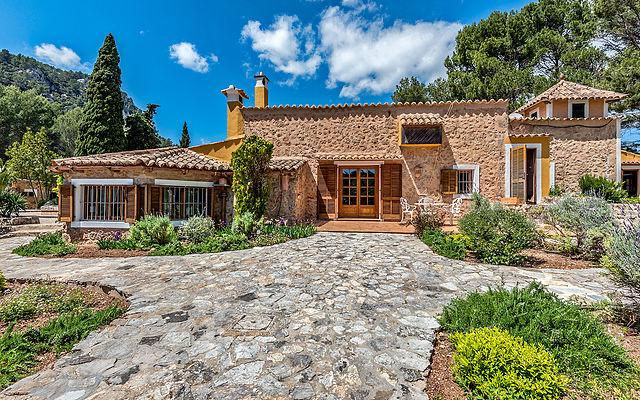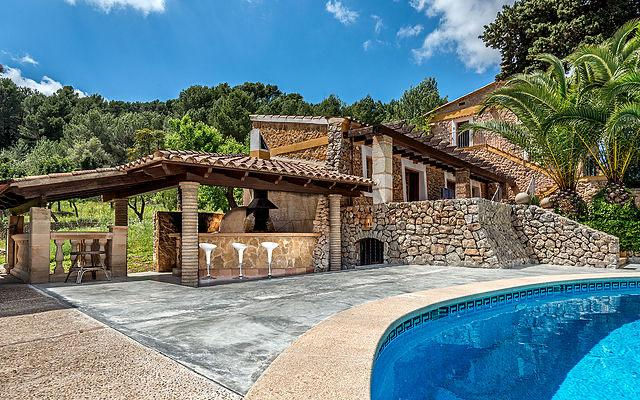New Trend - Finca Vacations
- Gjovan

- Jul 1, 2021
- 2 min read
We all go and visit new destinations with the expectation of not only enjoying it but also experiencing it. And by experience I mean going out on the narrow streets, trying the local food, socialising and just learning about the culture of the place. But what does Fincas have to do with culture?
Well, to understand this text better we have to understand the word “Finca” itself.
Finca is a spanish word but in english usage, a finca refers to a rural or agricultural land, typically with a cottage, farmhouse or estate building present and often adjacent to a woodland or plantation.
In the tourism industry the term has gained a lot of attention and fame and got the colloquial meaning of a holiday home in a rural setting located in the Spanish mainland, Balearic islands or Canary islands and throughout the other spanish speaking countries.
Fincas are often old and historical buildings and are often more than 300 years old which is what makes them so popular.
I mentioned earlier experiencing the culture of a destination and what better way to do that than living in a traditional house like a finca?
For a long time in the tourism industry hotels were a “go to” when booking a vacation but now people are starting to understand how amazing it is to live in a finca.
Sure, hotels are different in size, price, services and more but they all have one thing in common: You pay money for a room and you live there for the decided time.
To understand better what’s the hype about fincas I was able to have a chat with a local family owned holiday rental agency in Mallorca, Spain called Enjoy Mallorca and asked them about it.
“To rent out a finca is not just renting out a place to live. We don’t just sell a building for you to sleep in, we sell a whole experience”
This is what I was told and I quickly realised something...
It really is about the experience and not just a place to live. People get to see first hand how a typical mallorcan family used to live 200 years ago and how life was in that time. Most of these houses are located outside of big and crowded cities, in the small villages. This “forces” the guests to go out and socialize with the people living there and learn about their culture. Nearby these fincas, there is normally always a hiking trail or they are located next to the sea which means you get to do other activities on your own which adds to the whole experience.
Hotels are crowded and boring and do not really contribute to sustainable tourism but by living in a finca on your next vacation you get it all. You get a full house for your family/friends and you get the “homey” feeling that you don’t get in a hotel.
You also support the locals by buying their products in small shops, markets etc.
So you enjoy your vacation to the fullest and you sleep better when you get back home knowing that you contributed to a better future for the tourism industry.










Comments